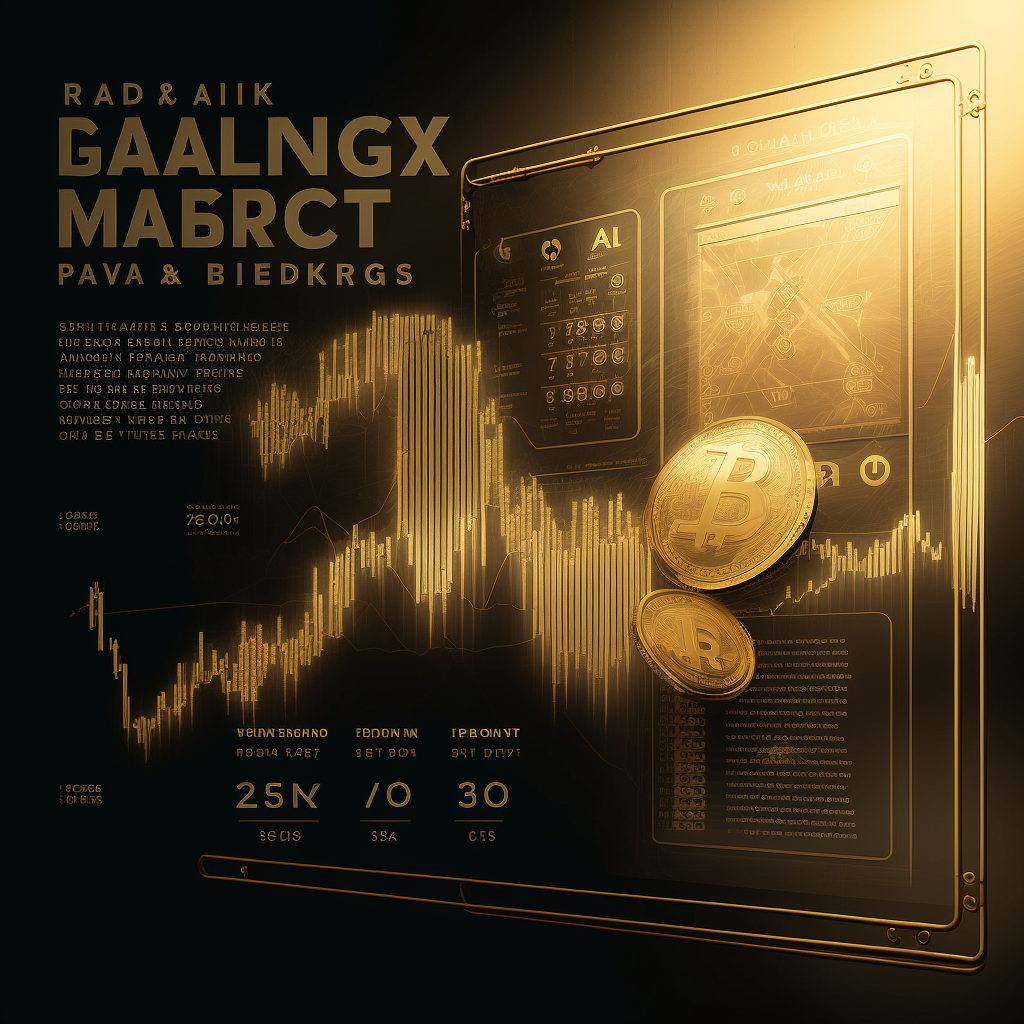The Role of Bitcoin in Online Education and Certification
Bitcoin, the first and most popular cryptocurrency, has been around for more than a decade, but it is still not widely adopted as a form of payment or a store of value. However, Bitcoin has a lot of potential to transform various sectors of society, especially online education and certification.

Online education is a booming industry that offers learners access to high-quality courses and programs from anywhere in the world. However, online education also faces some challenges, such as verifying the identity and credentials of students and instructors, ensuring the quality and validity of the content and assessments, and providing secure and transparent payment methods.
Bitcoin can help address these challenges by leveraging its unique features, such as decentralization, immutability, transparency, and cryptography. Here are some of the ways that Bitcoin can benefit online education and certification:
- Bitcoin can enable peer-to-peer payments between students and educators, without intermediaries or fees. This can lower the cost of online education and increase the accessibility and affordability for learners from different backgrounds and regions.
- Bitcoin can also facilitate micro-payments for online courses and programs, allowing learners to pay per module, lesson, or even minute. This can create more flexibility and customization for learners who want to learn at their own pace and according to their own interests and goals.
- Bitcoin can provide a secure and verifiable way of issuing and storing digital certificates and credentials for online education. By using blockchain technology, which is the underlying infrastructure of Bitcoin, online educators can create immutable records of student achievements and qualifications that can be easily verified by anyone.
- Bitcoin can also enhance the security and privacy of online education by using encryption and digital signatures to protect the data and transactions on the network. This can prevent fraud, identity theft, plagiarism, cheating, and other malicious activities that can compromise the quality and integrity of online education.
- Bitcoin can foster innovation and collaboration in online education by creating a global community of learners, educators, developers, entrepreneurs, and enthusiasts who share a common interest and vision for the future of learning. Bitcoin can also enable new models and platforms for online education that leverage its capabilities and potential.
As an example of how Bitcoin can be used in online education and certification, consider the CryptoCurrency Certification Consortium (C4), which is a non-profit organization that provides professional certifications for individuals who demonstrate their knowledge and skills in various aspects of cryptocurrency. One of their certifications is the Certified Bitcoin Professional (CBP), which covers topics such as the history, mechanics, security, economics, and applications of Bitcoin.
To obtain the CBP certification, candidates have to pass an online exam that consists of 75 multiple-choice questions that have to be answered within 20 minutes. The exam costs $95 USD, which has to be paid in Bitcoin. The exam is administered by C4 using a secure online platform that verifies the identity of the candidates using webcam and biometric data. The exam results are recorded on the blockchain using cryptographic hashes that can be verified by anyone. The candidates who pass the exam receive a digital certificate that contains their name, photo, public key, certification number, expiration date, QR code, and digital signature. The certificate is also stored on the blockchain using an open standard called Blockcerts.
The CBP certification is one of the many examples of how Bitcoin can be used in online education and certification. There are also other courses and programs that teach about Bitcoin or use it as a payment method or a credential system. Some of these include:
- Bitcoin and Cryptocurrency Technologies by Princeton University on Coursera
- Crypto Condensed: Certified Bitcoin Professional Exam Guide by Ravinder Deol on Udemy
- Blockchain: Foundations and Use Cases by ConsenSys Academy on Coursera
- Web3 and Blockchain Fundamentals by INSEAD on Coursera
- La Disrupción del Blockchain by Universidad Austral on Coursera
Bitcoin is not only a cryptocurrency but also a technology that can revolutionize online education and certification. By using Bitcoin, online educators can provide more accessible, affordable, flexible, secure, verifiable, and innovative learning opportunities for learners around the world.